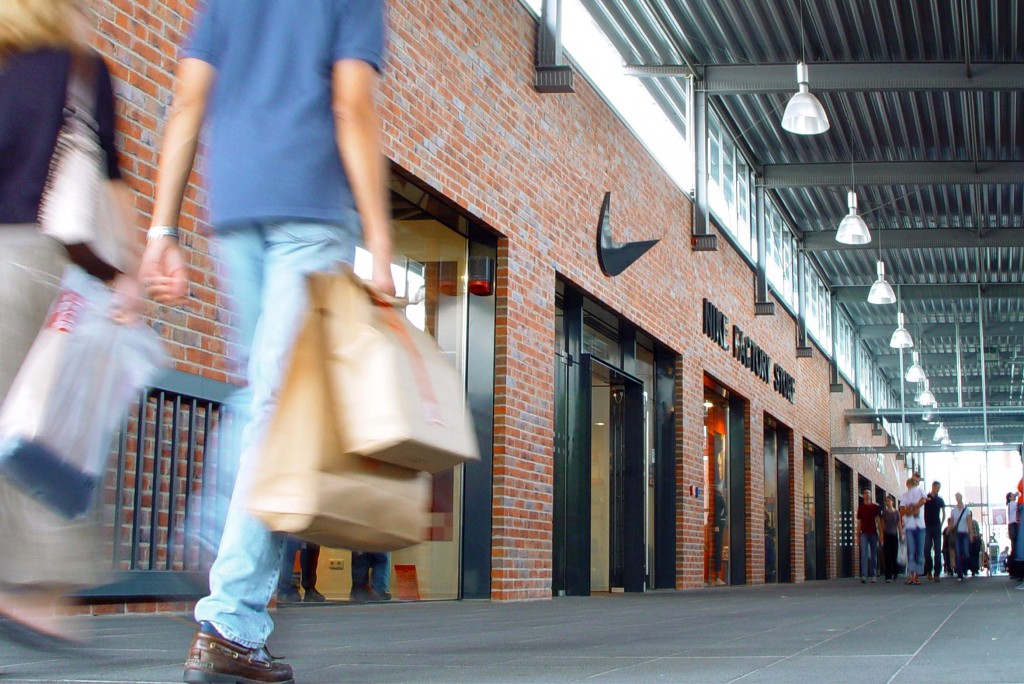Failing trading conditions have hit all kinds of retailers this year, from electrical chains to clothes shops. Many consumers have cut their discretionary spending as the cost of food, energy and other essentials have risen. With so many stories regarding companies facing, administration and redundancies, MOVEHUT summarises which commercial properties have had a good year, and which haven’t been so lucky.

Commercial Properties which struggled in 2011 include:
In mid December, commercial property, Blacks Leisure, which includes the Millets Chain, went up for sale after failing to raise vital cash from existing backers. Speaking of the company’s uncertainty, Retail analyst at Arden Partners, Nick Bubb said: “They were competing with the supermarkets and clothing retailers such as New Look and River Island. It’s down to an overwhelming combination of competition and the economy.”
On the same day, electrical retailer Comet announced first-half losses of £23m, underlying why its parent group Kesa had recently decided to hive off the 248 commercial property store chain to a business turnaround specialist for a nominal £2.
Arcadia, which owns the popular high street brands including, BhS, Miss Selfridge, Dorothy Perkins and Top Shop announced its plans to close 260 of its stores by 2014.
Focus DIY collapsed into administration earlier this year after failing to pay back its loan payments, while American retailer, Best Buy announced last month that it was pulling out of Britain.
Commercial property, Mothercare which announced its plans to shut up 110 stores after half-year losses of £82 million and Derbyshire based group Thornton’s, which is closing half of its 360 stores losing up to 1,100 jobs.
In June, furniture store, Habitat went into administration, whilst some of its stores and the brand were bought out by Home Retail Group.
A struggling sports retailer JJB Sports narrowly escaped administration three months earlier after agreeing a new deal with landlords to close up to 89 of its stores, in addition to the 140 stores that were shut in 2009.
Commercial Properties which had a good year in 2011 include:
Debenhams is one of the few commercial property chains that have announced not only high profits, but also plans to revamp current shops and open new stores. So what did Debenhams do to remain strong during this tough economic year? Chief Executive, Michael Sharp, believes it is down to its ‘tight management’: “We have demonstrated the resilience of the department store model by trading well in a challenging market. It is right to remain cautious about the strength of consumer confidence over the next 12 months given the uncertain economic outlook. We will therefore continue to run the business with tight management of costs and stocks.”
Also travel agent, Tui Travel has also recorded record profits for the year, whilst its main rival, Thomas Cook has had a tough year and are planning to close approximately 200 of its commercial properties. Tui believes the rise in further afield holiday destinations such as Canada helped contribute to its successful year. Thomas Cook blamed its problems in Egypt and Tunisia, along with floods in Thailand for its tough year. However, Tui Travel did have to face the same factors, but came out on top.
With so many commercial property retailers struggling to make any profit, the key question that needs to be asked is whether the retail sector’s problems lie far deeper than external factors, such as the weather. Maybe companies that struggled this year should be looking within their organisations management and contingency plans, rather than blaming factors, which they have no control over.